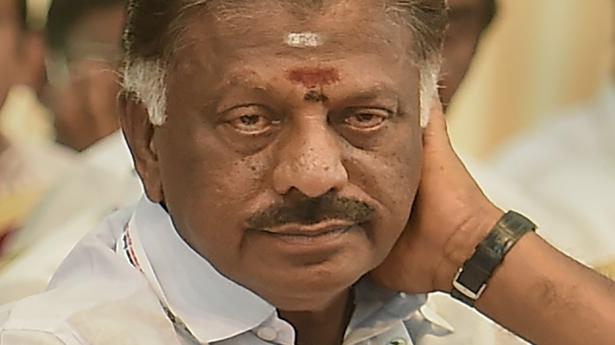Freshly minted Prime Minister of Australia, Anthony Albanese, is no newcomer to politics. Elected as a member from the division of Grayndler in the State of New South Wales, first in 1996, Mr. Albanese has been a veteran member of Parliament, having served as a Minister in the Kevin Rudd- Julia Gillard governments and was even Deputy Prime Minister for a brief while in the last few months of the Rudd-led Labor government before becoming the Leader of Opposition in May 2019.
He has working class origins, who lived with his single mother — a recipient of disability pensions — in a Sydney City Council home and is a self-made politician with formative years in the left-wing student politics (Young Labor) that allowed him to later become a member of the left faction of the Labor Party.
As the leader of the party during the 2022 elections, though, Mr. Albanese had tacked closer to the centre, an outcome that was the product of the Labor Party’s review following the defeat to the Liberal National Coalition in the 2019 elections. Mr. Albanese’s Labor withdrew policies that sought to remove tax concessions to the wealthiest Australians — a legacy of Liberal/National Coalition rule, tried to promote a more pro-business orientation and also ratcheted down its sharp rhetoric on climate change, focussing instead on mending relations with people employed in fossil fuel use sectors such as coal mining. By doing so, Mr. Albanese was hearkening back to the legacy of Bob Hawke and Paul Keating-led Labor governments in the 1980s and 1990s. Mr. Albanese was quoted in an article in The Conversation as saying clearly, “If Labor is successful in the coming federal election, I will take my lead from Bob Hawke and his successor Paul Keating… We must rediscover the spirit of consensus […] Bob Hawke used to bring together governments, trade unions, businesses and civil society around their shared aims of growth and job creation”.
In other words, the Albanese-led Labor platform is expected to tack to the Australian equivalent of the ‘New Labour’ way promoted by Tony Blair and his successor Gordon Brown in the U.K. Such a positioning helped Mr. Albanese consolidate support within the Labor party.
Centrist position
But was this ploy to take a more centrist position key to the Labor’s success? It is difficult to say. By most accounts by election observers in Australia, the Liberal/National Coalition’s loss was quite pronounced clearly due to the perceived incompetence of the Scott Morrison leadership, the government’s inability to tackle searing problems such as the raging wildfires that devastated many parts of the country, the COVID-19 mismanagement and it’s dilly-dallying approach towards tackling climate change. It was to the credit of Mr. Albanese that he was able to utilise a low-key but effective campaign, positioning himself as the sane voice of opposition who offered a constructive critique of the government in power and stressed his affable nature and working class roots to build a broad coalition of support.
Yet, much of the losses for the Liberal/National Coalition were converted into gains for the fledgling Green party and corporate sponsored independents seeking decisive actions against climate change, except in States like Western Australia, where Labor was the beneficiary. As things stand, Labor leads or has won in 75 of the 151 seats in the House of Representatives and would require cooperation with the Greens (4 seats) and independents to pass clear cut legislation. In the upper house (Senate), Labor is clearly dependent upon the Greens (12 seats as opposed to Labor’s 26 out of a total of 76) as well.
In sum, the new Labor government could mark a clear shift toward climate-friendly policies, but is expected to take a more cautious approach on economic and strategic matters, which could mean continuity on those issues after nine years of Liberal party rule.
Even so, under Mr. Albanese, the Labor government could take a more expansive role on welfare such as better care for the aged, lower costs of childhood education, gender parity and safety in workplaces, and a greater thrust for the use of renewable energy. But this would, of course, require a push from his colleagues from the Labor Left, and the Greens and progressives in Australian civil society.






